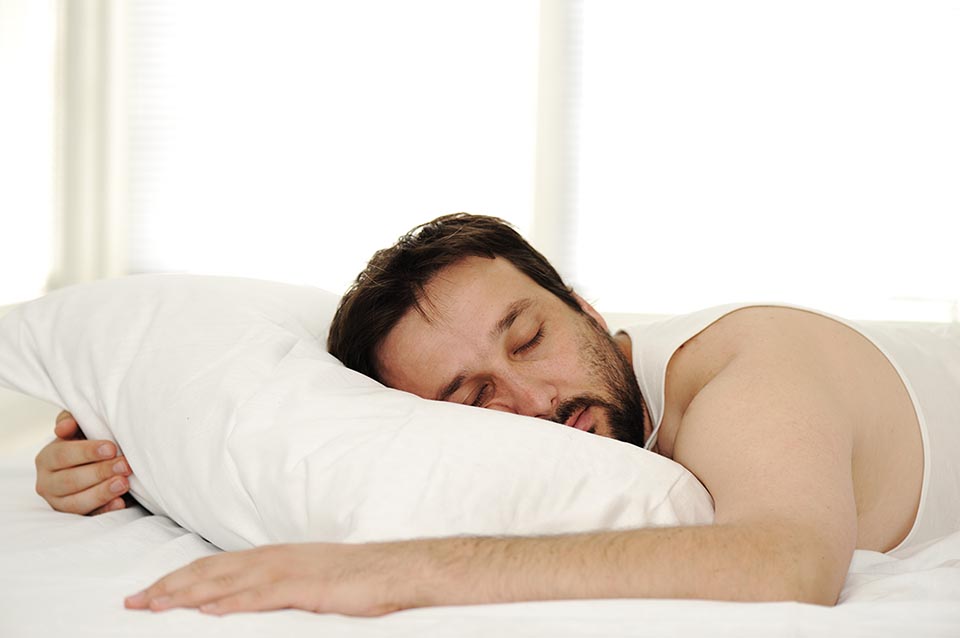The surprising connection and what it means for you
You’ve limited calories, cut out sweets and fatty foods, and started exercising daily. But still, those stubborn pounds won’t budge. So what’s holding you back? The answer might surprise you: your sleep. Or more specifically, the lack of it.
It turns out that if you get less than the recommended amount of shuteye at night, you could be sabotaging your weight loss program.
Here’s why, and what you can do about it.
What the Research Says
Numerous studies have linked inadequate sleep to poor weight management. One of these studies followed more than 68,000 women over a period of 16 years to discover that those who logged less than five hours of sleep a night increased their risk of obesity by 15% over those who slept seven hours or more.
Yet another study found that simply sleeping one extra hour led to reduced intake of carbs and sugar during the day.
Researchers have also found a link between poor sleep and reduced exercise.
It’s clear that not sleeping enough can contribute to weight gain. However, sleeping too much can be a problem, too. Aim for that sweet spot between seven and nine hours. Anything more or less than that can put you at risk for putting on the pounds.
Sleep and Your Hormones
There are many ways in which sleep deprivation can derail weight management. The most significant has to do with the way your body regulates certain hormones.
Basically, there are two hormones regulating appetite: ghrelin and leptin. Ghrelin is the hormone that makes you feel hungry; leptin makes you feel full.
We know that sleep deprivation causes your body to produce more ghrelin, while also suppressing the production of the satisfaction hormone leptin.
As a result, persistent poor sleep will trigger the urge to overeat even when you’re not hungry.
While you might not notice a difference after one night of poor sleep, a persistent habit of sleep deprivation can derail your eating habits, leading to cravings throughout the day.
Another unfortunate hormonal connection: inadequate sleep causes a spike in levels of the stress hormone cortisol. This hormone triggers your body to conserve energy by storing up fat.
Healthy Sleep Habits
So what can you do to stop this cocktail of harmful hormones from sabotaging your weight loss plan?
First, maintain a consistent sleep schedule. Make an effort to go to bed and get up at the same times every day, including the weekends.
Keep electronic devices out of your bedroom. A cool, dark, quiet space is optimal for healthy sleep. Consider running a fan or a white noise machine to block out noise.
Sleep in a separate room if you find that your sleep is disturbed by a snoring spouse. If you’re a light sleeper, even his/her movement in the bed can disrupt your rest.
And finally, cut off your liquid consumption about an hour before bed to reduce the need to get up and go to the bathroom during the night.
Getting the right amount of sleep can make a huge difference to reaching your weight loss goals. Plus, it just makes you feel better.
Want to learn more about good sleep and other habits of healthy weight management? Reach out to your Independent Optavia Health Coach, Darin Rasberry today to get those habits on track for your healthiest life.


